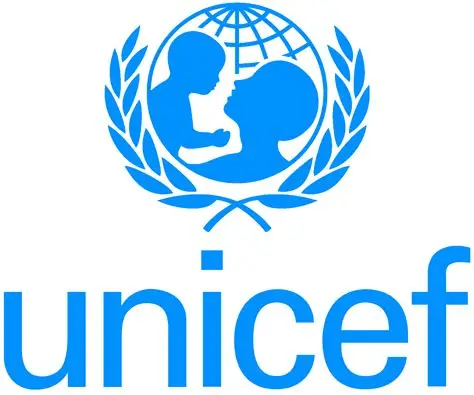Nigeria’s Children at Risk from Climate Change
Nigeria’s Children Face Rising Climate Risks Amidst Limited Preparedness
A recent report by the United Nations Children’s Fund paints a troubling picture of the challenges Nigerian children face due to climate change. Titled “The Nigerian Child 2025,” the study highlights how systemic gaps in infrastructure, policy, and emergency response leave children dangerously exposed when disasters strike.
Climate Change and Its Impact on Children
Nigeria is confronting increasing climate pressures, including floods, drought, desertification, and extreme heat. These environmental threats have a disproportionate effect on children, who are among the most vulnerable populations. According to the report, Nigeria ranks among the riskiest countries for children exposed to climate threats yet remains one of the least prepared to protect them.
The consequences for children are severe. Families struggling with collapsing incomes face food insecurity, malnutrition, disrupted schooling, and higher rates of illness. The report also highlights air pollution as a growing hazard, with Nigeria recording the highest rate of pneumonia deaths in children under five globally due to polluted air.
ALSO READ: How AI Can Prevent Fires and Protect Businesses
Water, Sanitation, and Hygiene Challenges
Access to clean water and proper sanitation remains a critical issue. Millions of families rely on contaminated water sources, increasing the risk of diarrhoea, cholera, and other waterborne diseases. Open defecation is widespread in many communities, making basic hygiene nearly impossible and further endangering children’s health.
Schools and health facilities are not spared. Many lack clean water, safe toilets, and handwashing stations, making it difficult for children to stay healthy and attend school regularly. Girls are particularly affected, as they often spend hours fetching water or caring for siblings, sometimes at the expense of their education and personal well-being. Inadequate menstrual hygiene management facilities in schools compound these challenges for adolescent girls.
Economic and Social Vulnerabilities
Children from low-income families are most at risk. They often live in areas hardest hit by climate-related disasters and have the fewest resources to adapt. When crops fail or water runs dry, these children face hunger, illness, and interrupted schooling. Families with limited income cannot easily absorb these shocks, leaving children to bear the consequences.
Health System Strain
The lack of reliable water and sanitation also affects health facilities. Clinics without clean water or proper hygiene measures struggle to provide safe and effective care. This undermines the health system and leaves entire communities at greater risk, particularly in rural areas where access to healthcare is already limited.
ALSO READ: NUC Approves UCH for Nursing Science Degree
Calls for Urgent Action
The UNICEF report underscores the urgent need for government and community interventions to protect children from the effects of climate change. Investments in infrastructure, disaster preparedness, and emergency response systems are critical. Policies that ensure access to clean water, safe sanitation, and adequate health and education facilities can reduce the vulnerability of children.
Families, schools, and communities must also be empowered with the knowledge and tools to cope with climate risks. Early warning systems, climate-resilient infrastructure, and community-based support programs are essential to prevent avoidable losses and protect the well-being of children.
A Global Responsibility
The report concludes that protecting Nigeria’s children from climate threats is not only a national responsibility but a global concern. International support, climate funding, and collaborative programs can help Nigeria build resilience and safeguard its youngest and most vulnerable citizens. Without urgent action, millions of children will continue to suffer from preventable climate impacts, jeopardizing their health, education, and future potential.
Content Credit: Ohidah Oluwaferanmi
Image Credit: terra.com




